Antipopes of the Antichurch
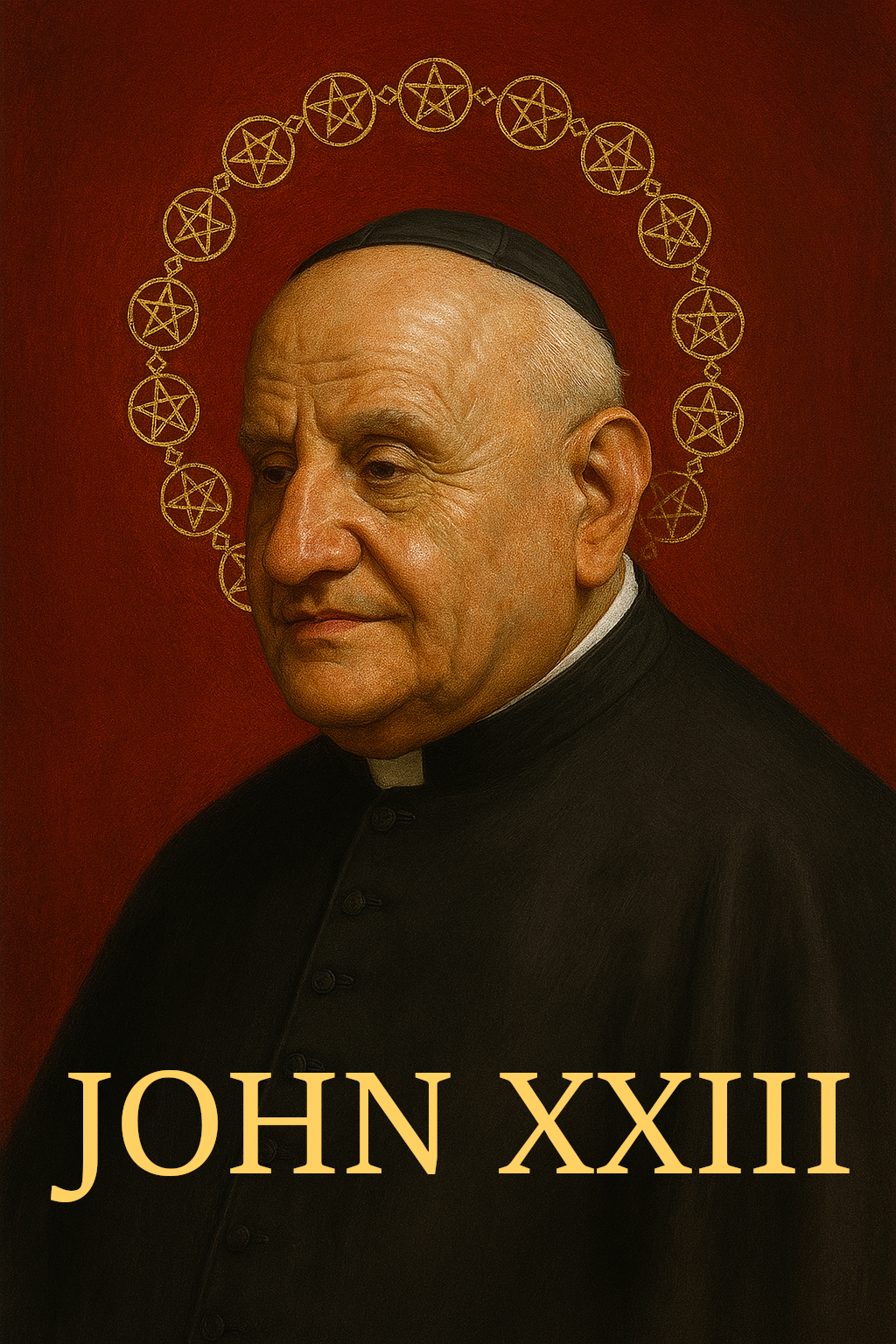
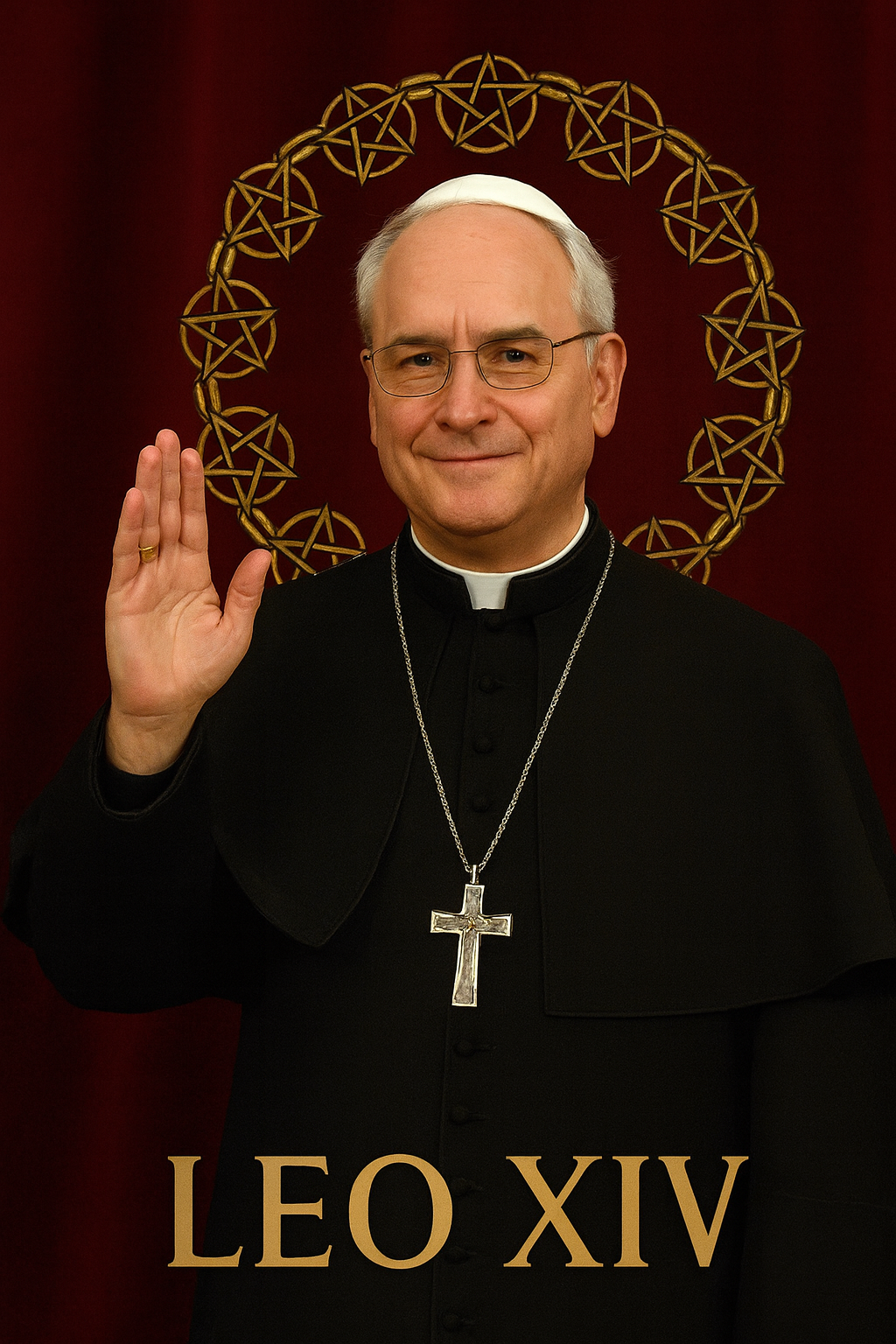


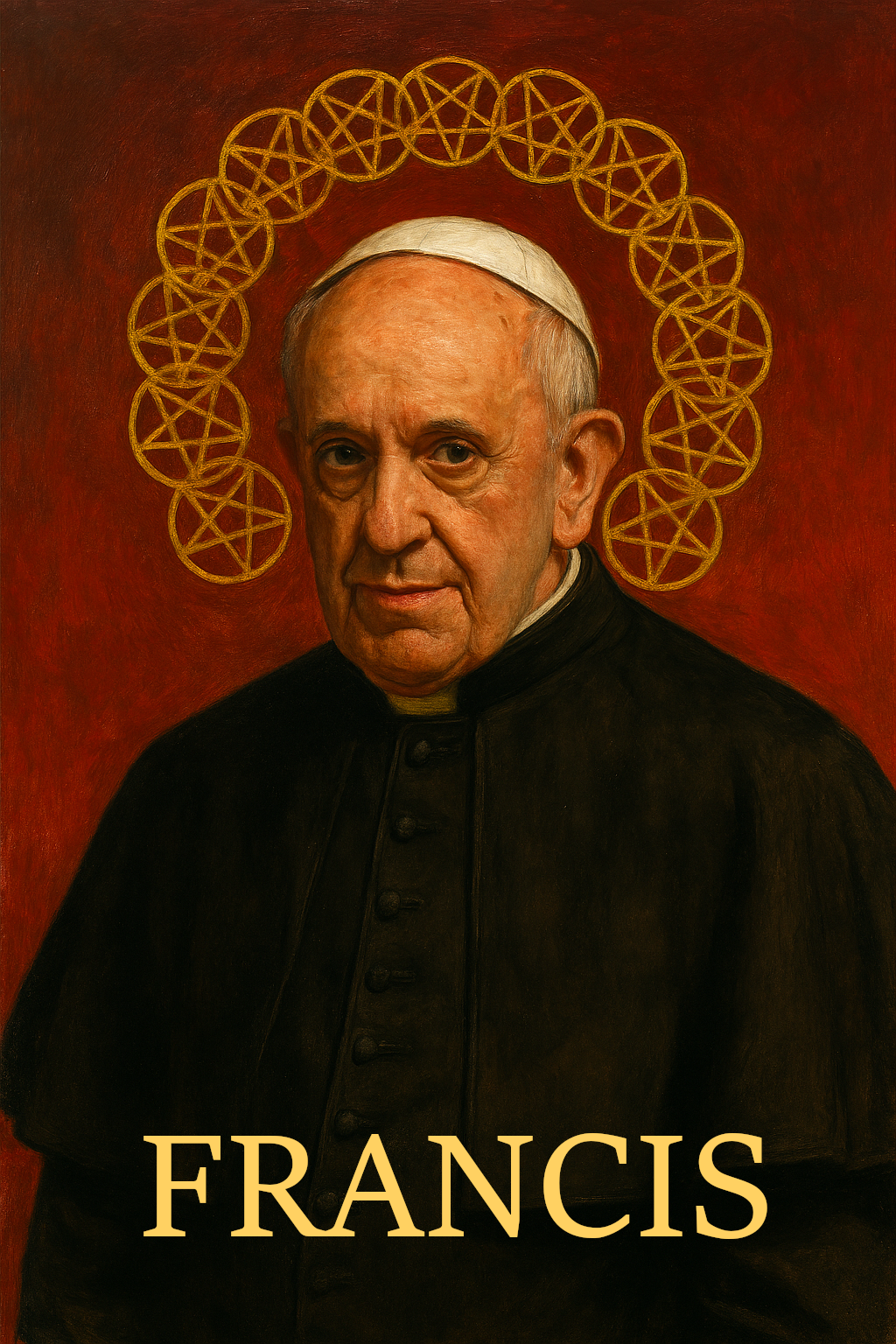


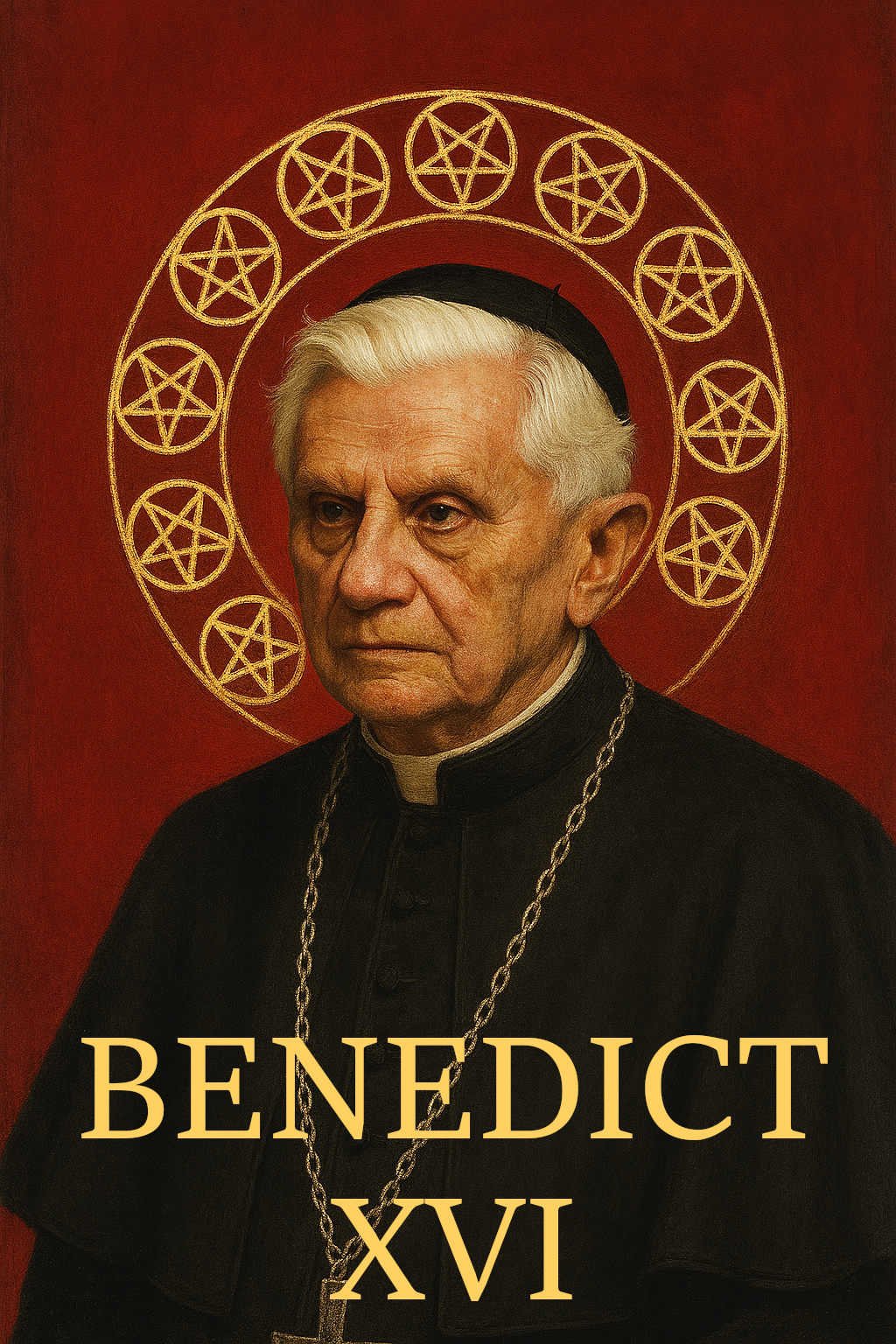


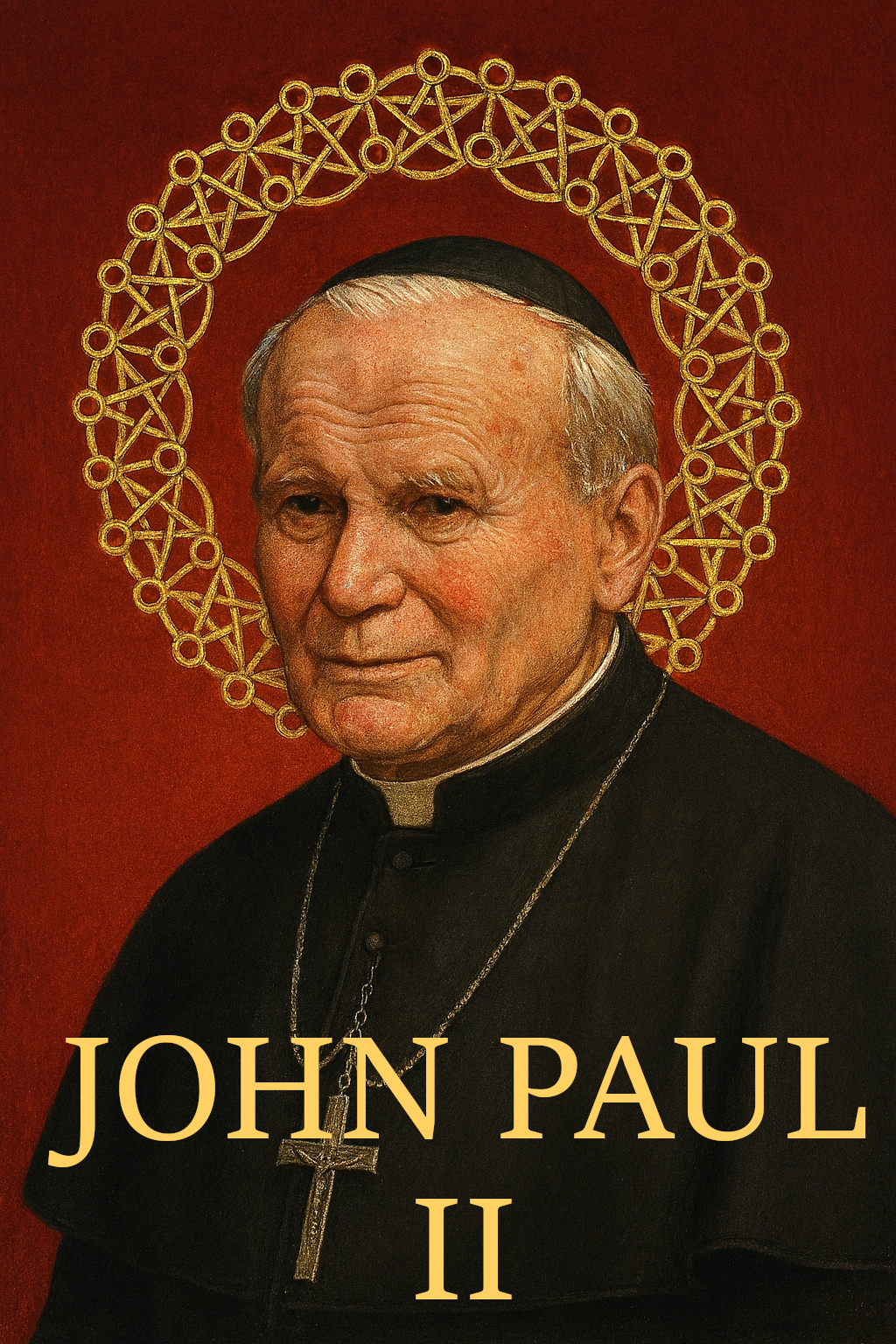


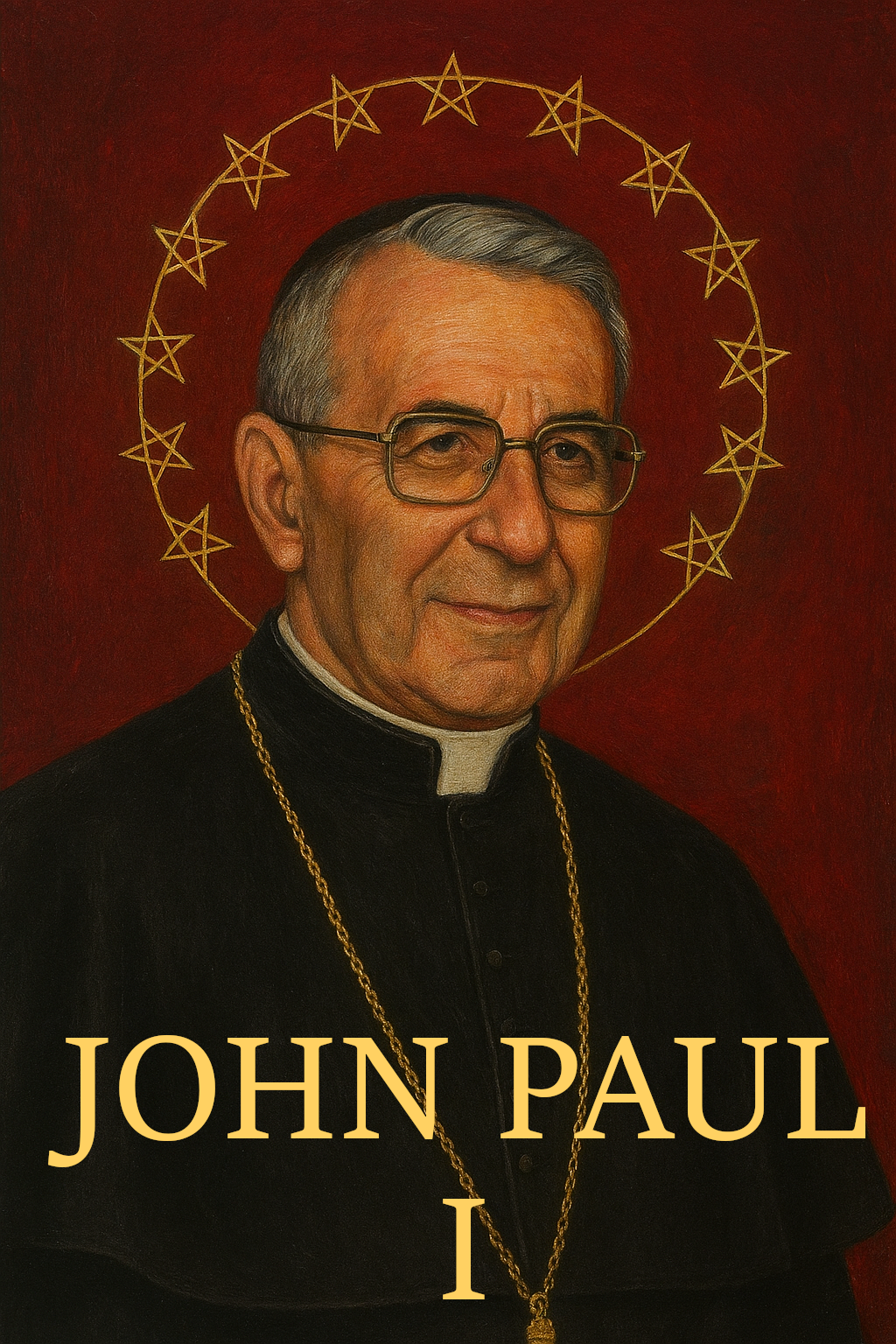


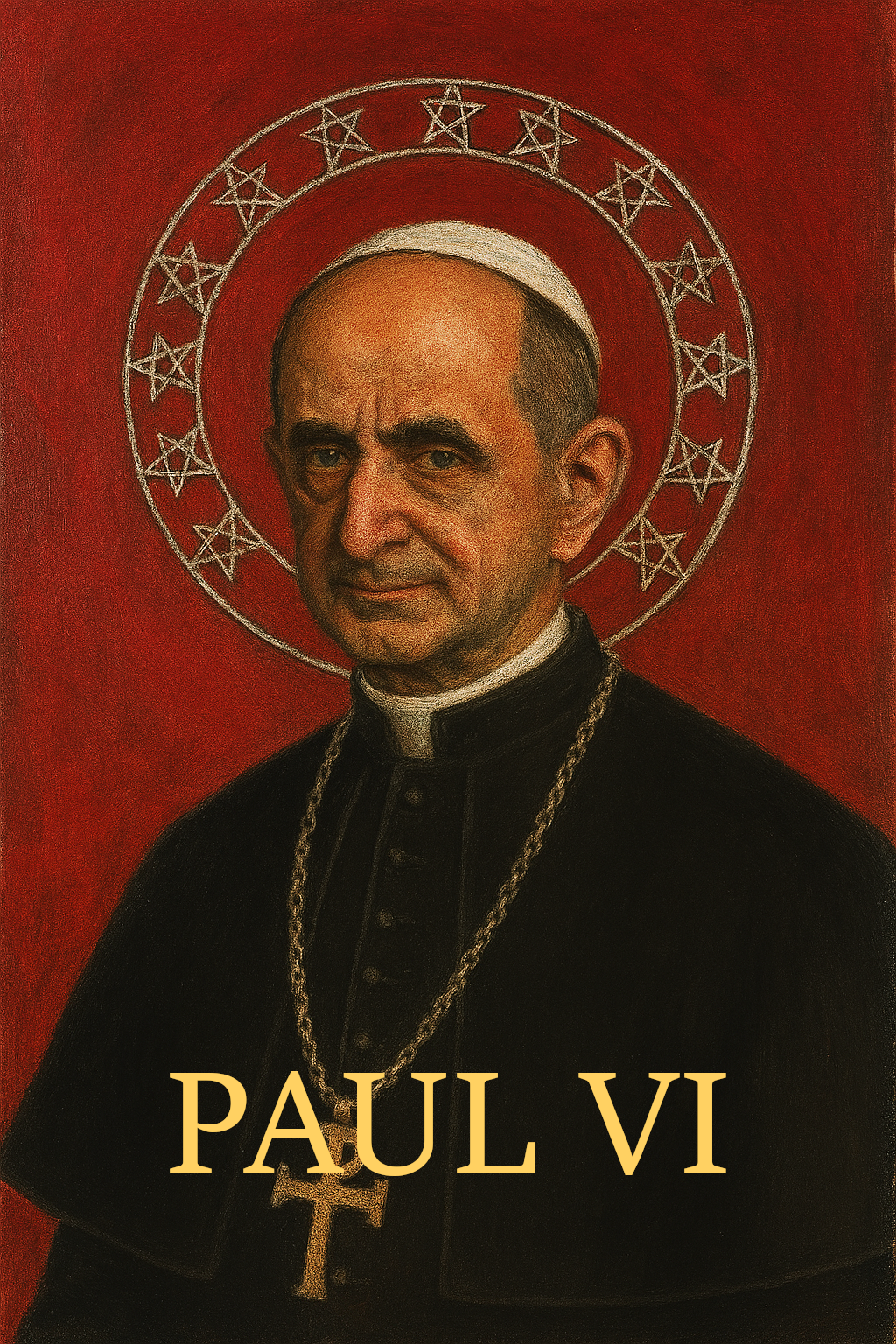


Timeline of this heretical pontiff
Encyclical Letters
+ 15 posts1959
+ 7 posts1961
+ 4 posts1962
+ 2 posts1963
+ 2 postsApostolic Exhortations
+ 3 postsApostolic Constitutions
+ 93 posts1958
+ 6 posts1959
+ 87 postsMotu Proprio
+ 15 posts1958
+ 1 posts1959
+ 1 posts1962
+ 11 postsApostolic Letters
+ 151 posts1958
+ 4 posts1959
+ 63 posts1960
+ 78 posts1961
+ 1 posts1962
+ 4 posts1963
+ 1 postsSpeeches
+ 99 posts1958
+ 2 posts1959
+ 26 posts1960
+ 29 posts1961
+ 16 posts1962
+ 24 postsMessages
+ 6 posts1959
+ 4 postsHomilies
+ 4 postsLetters
+ 152 posts1958
+ 1 posts1959
+ 48 posts1960
+ 32 posts1961
+ 31 posts1962
+ 30 posts1963
+ 10 postsNot categorized
+ 1 posts1958
+ 1 postsNews feed
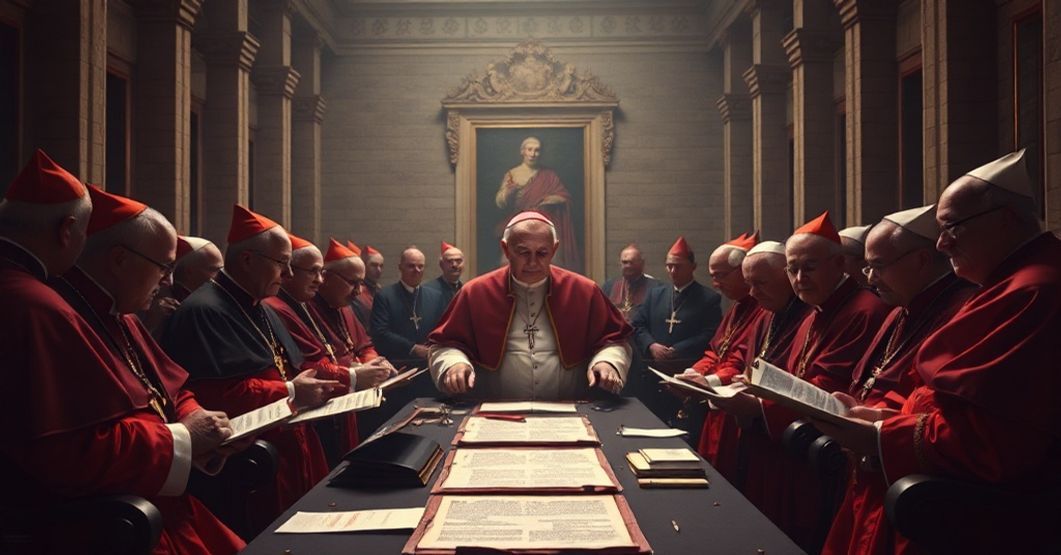

Appropinquante Concilio (1962.08.06)
The document “Appropinquante Concilio” (Motu Proprio, 6 August 1962) issued by John XXIII lays down the procedural rules, structures, and personnel for the forthcoming Vatican II assembly: it exalts the “spectacle” of a worldwide episcopal gathering, defines who are “conciliar fathers,” establishes commissions (including for missions, liturgy, ecumenism, media, and a “Secretariat for Promoting Christian Unity”), prescribes Latin and ceremonial order, and details voting mechanics, secrecy, and organizational bureaucracy—thus constructing the juridical and technical framework of Vatican II as an allegedly ecumenical council. In reality, it codifies the machinery of a pseudo-council designed to enthrone a new religion within the visible structures of the Church and to instrumentalize episcopal authority against the perennial Magisterium.
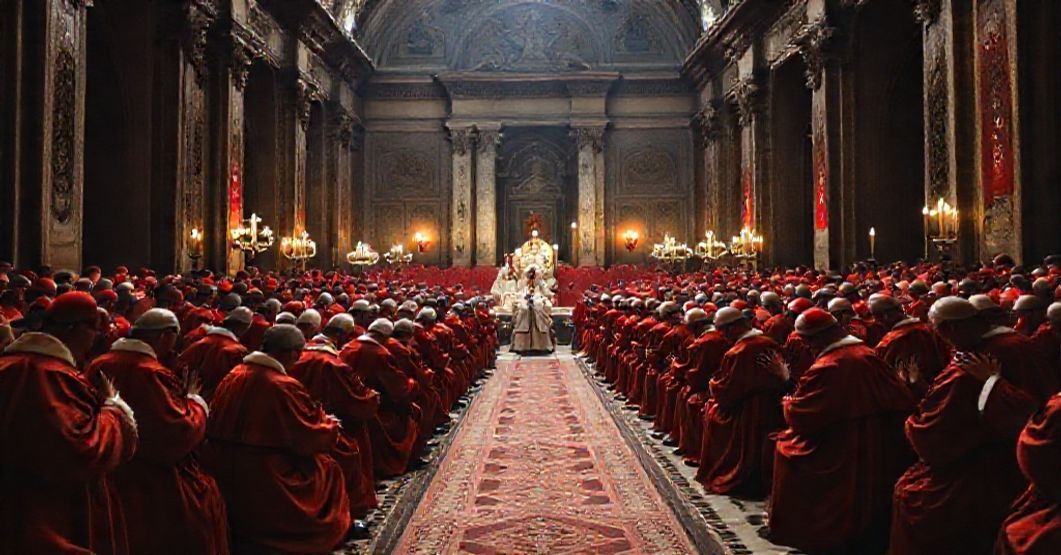

SUMMI PONTIFICIS ELECTIO (1962.09.05)
Ioannes Roncalli’s motu proprio “Summi Pontificis Electio” modifies selected procedural norms of Pius XII’s apostolic constitution “Vacantis Apostolicae Sedis” concerning the interregnum and conclave: it regulates photography and recordings of a dying or deceased “pope,” details the transfer and sealing of the corpse, clarifies interim roles if the Camerlengo’s office is vacant, specifies non-use of papal apartments during conclave, reiterates subordination of conclave personnel to the Camerlengo, expands and recalibrates oaths of secrecy and of resistance to civil veto or interference, updates rules on conclavists, communication control, ballot documentation, and reaffirms the two-thirds majority as ordinary mode of election.
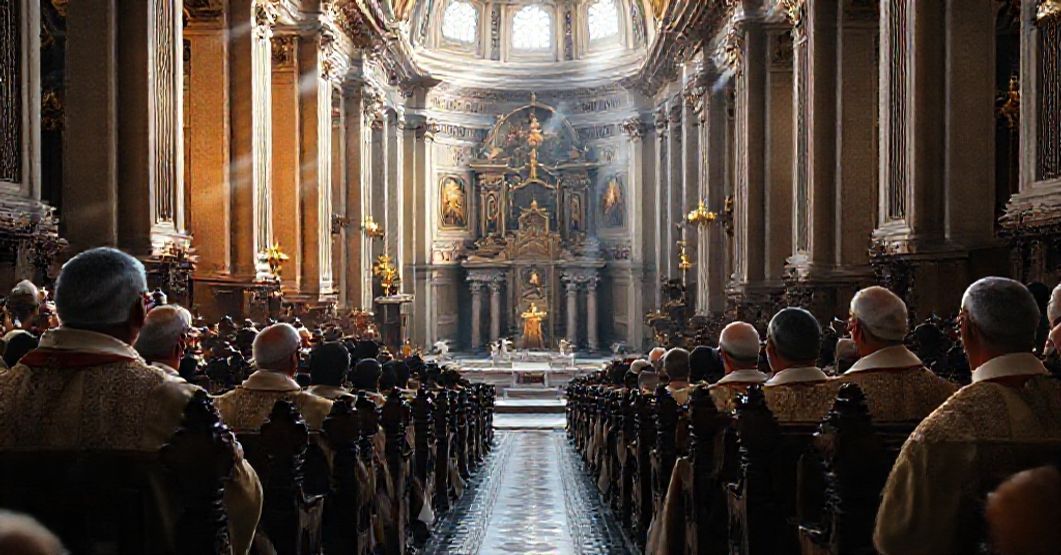

Templorum Decus (1962.09.11)
Templorum Decus is a Latin motu proprio of John XXIII dated 11 September 1962, in which he establishes the category of “honorary canons” in the three major Roman basilicas (Lateran, St Peter’s, St Mary Major), granting selected clerics decorative privileges (stall in choir, insignia, limited use of canonical dress) without binding obligations, with explicit linkage to the forthcoming Vatican II as a moment to display more solemn rites in Rome. In reality, this apparently innocuous act exposes the spirit of the conciliar revolution: liturgical pomp without doctrinal substance, honorary titles without sacrificial duty, aesthetic solemnity weaponized to conceal the transfer of authority from the true Church to a paramasonic neo-structure.
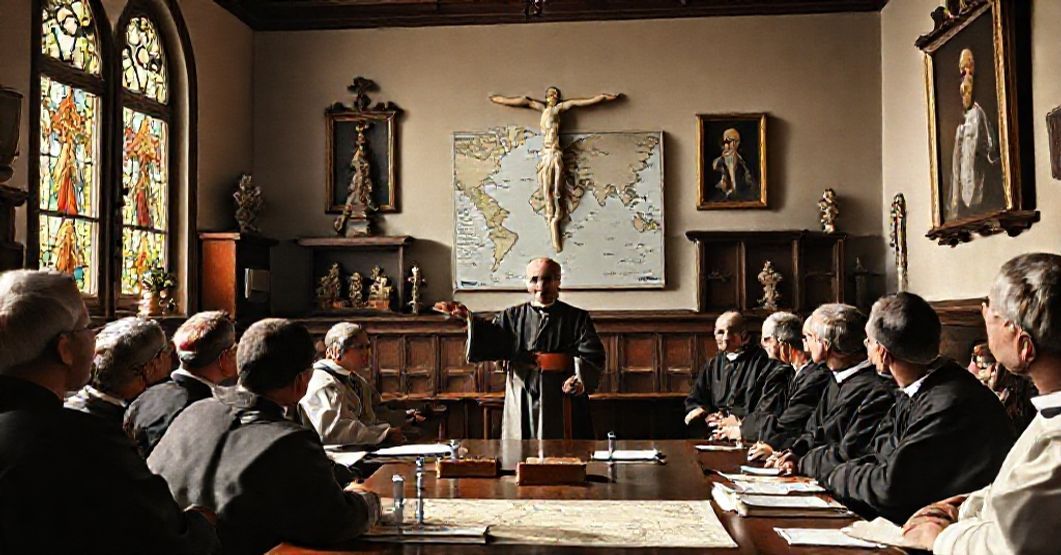

Fidei Propagandae (1962.10.01)
The Latin text entitled “Fidei Propagandae” (1962.10.01), issued by antipope John XXIII, is presented as a motu proprio elevating the Pontifical Athenaeum Urbanianum to the title and status of “Pontifical Urban University,” framed as a continuation of the work of Propaganda Fide and as an instrument for forming clergy—especially from mission territories—to spread the Gospel worldwide. It praises the Urban College’s history since Urban VIII, stresses academic dignity, legal recognition, and alignment with Pius XI’s Deus scientiarum Dominus, and links this academic promotion explicitly with the imminent Vatican II as a sign of the Church’s universal mission. In reality, this text is a programmatic consolidation of the emerging conciliar sect’s apparatus: it weaponizes missionary language to install a paramasonic, pseudo-academic infrastructure ordered not to the reign of Christ the King, but to the global diffusion of Modernist, naturalistic, and ecumenical ideology.
Varia
Announcement:
– News feed –implemented
– Antipopes separate web sites with their all documents refutation – in progress
